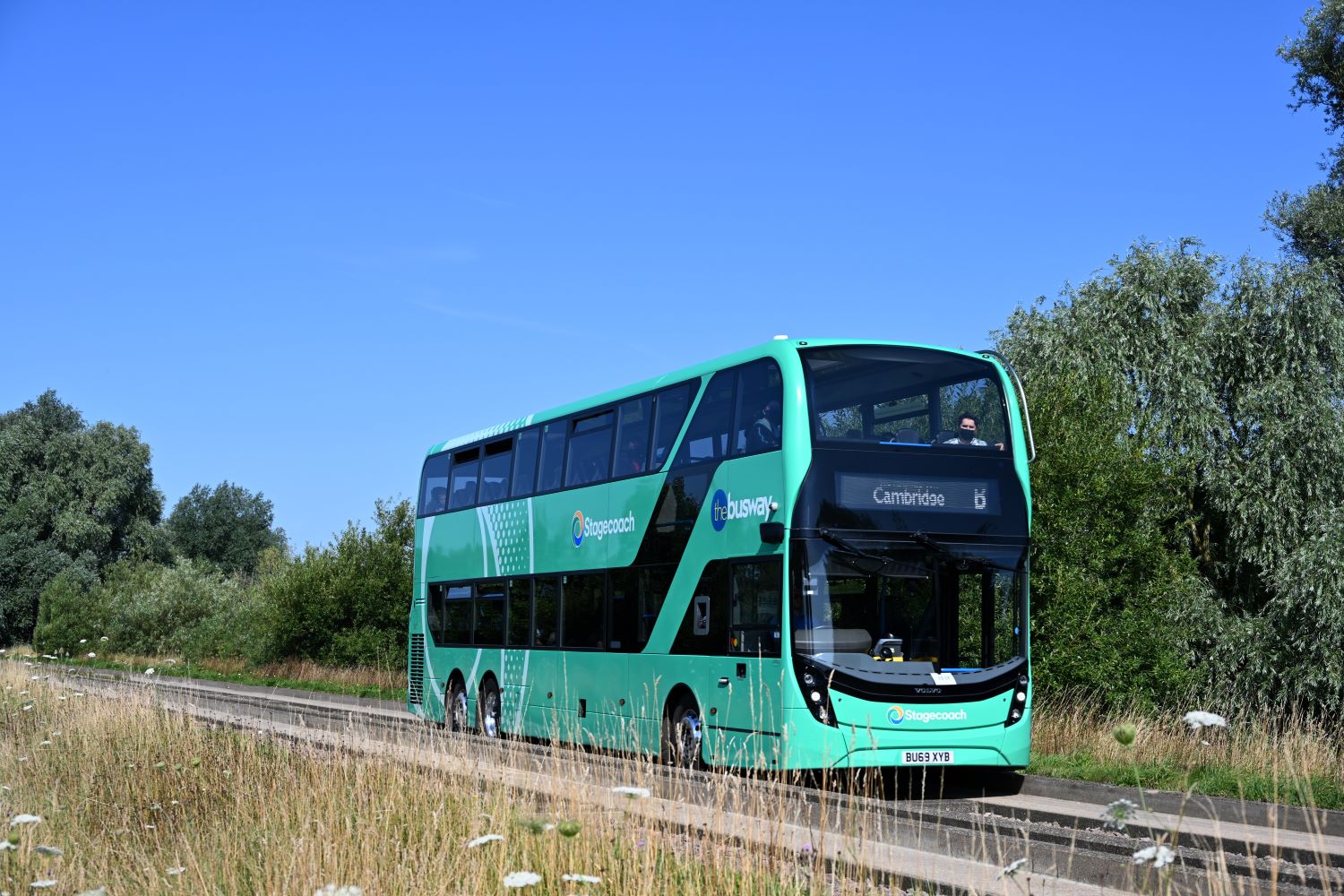Do we play our part and engage with our stakeholders? Peter Bradley of the LTCOA examines how coach operators can work with the authorities

London is one of the great cities of the world. Its size and scale are breath-taking, and much of its physical structure has evolved over hundreds of years.
Many of the narrow streets in the City of London have remained unchanged since the Great Fire of London, and there are several transport structures that were constructed with completely different purposes in mind.
It is therefore inevitable that a city such as London will have a complex political structure in place to ensure that it functions on a day-to-day basis and plans for the long term; that it relates to the rest of the UK and the world.
Important engagement
The Greater London Authority (GLA) Demography team have calculated that London population will reach 10 million at any time between 2029 and 2033, with the biggest growth likely to be in Barking and Dagenham in the huge riverside development on the north side of the Thames.
Preparing London to cope with such growth is a massive challenge, which is why there is so much emphasis on improving the transport infrastructure and getting more out of what we already have.
So where does the coach industry fit into all of this? Whether we like it or not we are a fairly small player in the job of carrying those who live, work or visit London, albeit an important one.
However, the coach and the role that it plays cannot be considered in isolation, which is why it is so important that we engage with our stakeholders, both political and those with whom we do business, to ensure that we understand their issues and they understand ours.
In my role with the LTCOA, I regularly meet with our key stakeholders including local councils and the GLA. I, with my fellow trade bodies, including the CPT, push for improved facilities for coaches in London. However, we are only likely to get these if we too listen to stakeholders about their concerns.
Idling away
Probably the issue that gets raised with me more than any other is the idling of coach engines, especially close to residential properties.
Now, I know why sometimes it is necessary to run a coach engine when a vehicle is stationary. However, I am also aware that if we as an industry do not take note of what the local council is saying, that we are unlikely to be thought of favourably when we require something from them.
So, there is a two-pronged approach. We are starting to engage with coach vehicle manufacturers about what could be done to reduce the need to run engines while coaches are stationary. Equally we need to ensure that engines are only running when they absolutely need to be. I am worried that as London’s populations grows we may not be seen as part of the longer-term solution.
We are part of a much bigger whole; let’s go out then and ensure that we engage with those we work with (and turn those engines off whenever we can).

























